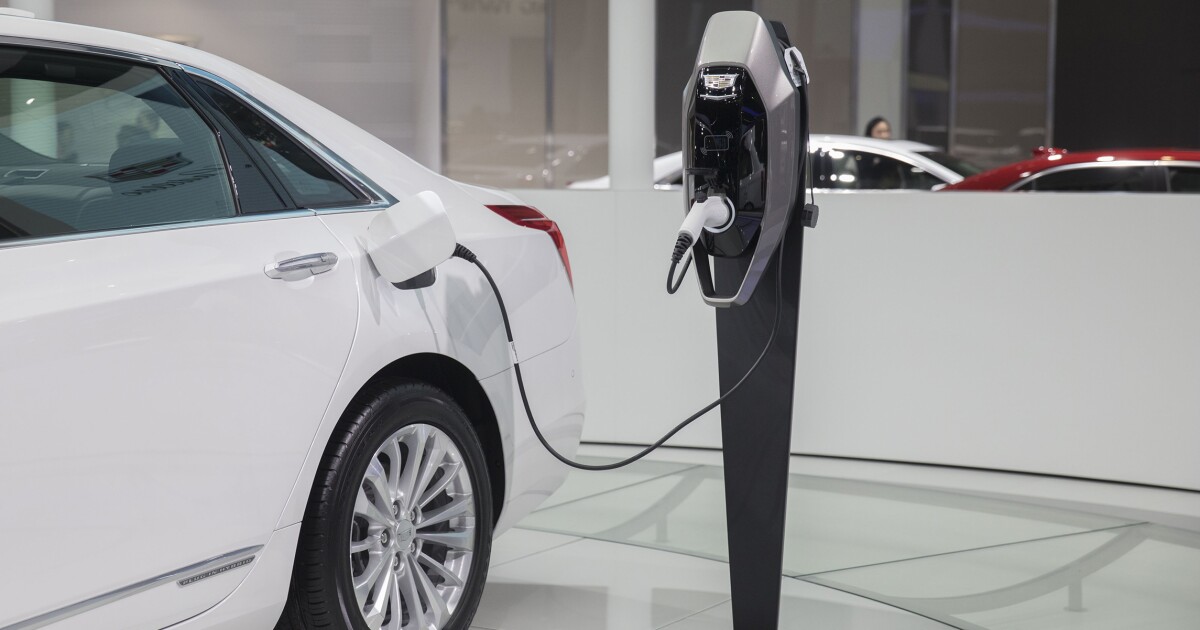

New research suggests precautionary measures should be taken by people with pacemakers and defibrillators when charging electric vehicles.
According to a new study published in EP Europace, a journal of the European Society of Cardiology, EV high power chargers have the “potential to create strong electromagnetic fields and cause electromagnetic interference in pacemakers and defibrillators, leading them to malfunction.”
NEW RAM EV TRUCK THAT CAN GO 500 MILES PER CHARGE UNVEILED AT NEW YORK AUTO SHOW
“We previously investigated the risk of electromagnetic interference with cardiac devices while driving electric cars and found that the largest electromagnetic field was located along the charging cable,” Dr. Carsten Lennerz of the German Heart Centre Munich said, according to a report. “This was the first study to examine the risk of electromagnetic interference in patients with cardiac implantable electronic devices (CIEDs) while using high power chargers.”
The study indicated that patients with heart rhythm disorders or heart failure using a pacemaker or defibrillator would be safe driving or charging an EV as long as they did not place the charging cable over their cardiac device or stay near the charging cable for an extended period of time.
The study, which included 130 patients using a pacemaker or defibrillator, considered electromagnetic interference over the course of 561 high power charges. The researchers noted that no adverse interactions were detected.
“The risk of malfunction of pacemakers and defibrillators is extremely low in this situation. Sitting inside the car or standing next to the charging cable or charger is also safe,” Lennerz said. “However, we would recommend not placing the charging cable directly over the cardiac device to maintain distance from the charging elements.”
CLICK HERE TO READ MORE FROM THE WASHINGTON EXAMINER
The study did not, however, look at interactions between the cardiac devices and home chargers.
“Home chargers use a smaller current but AC generates a different magnetic field than DC,” Lennerz added. “Home charging is likely safe with sensible precautions, such as not staying next to the charging cable for extended periods of time.”





